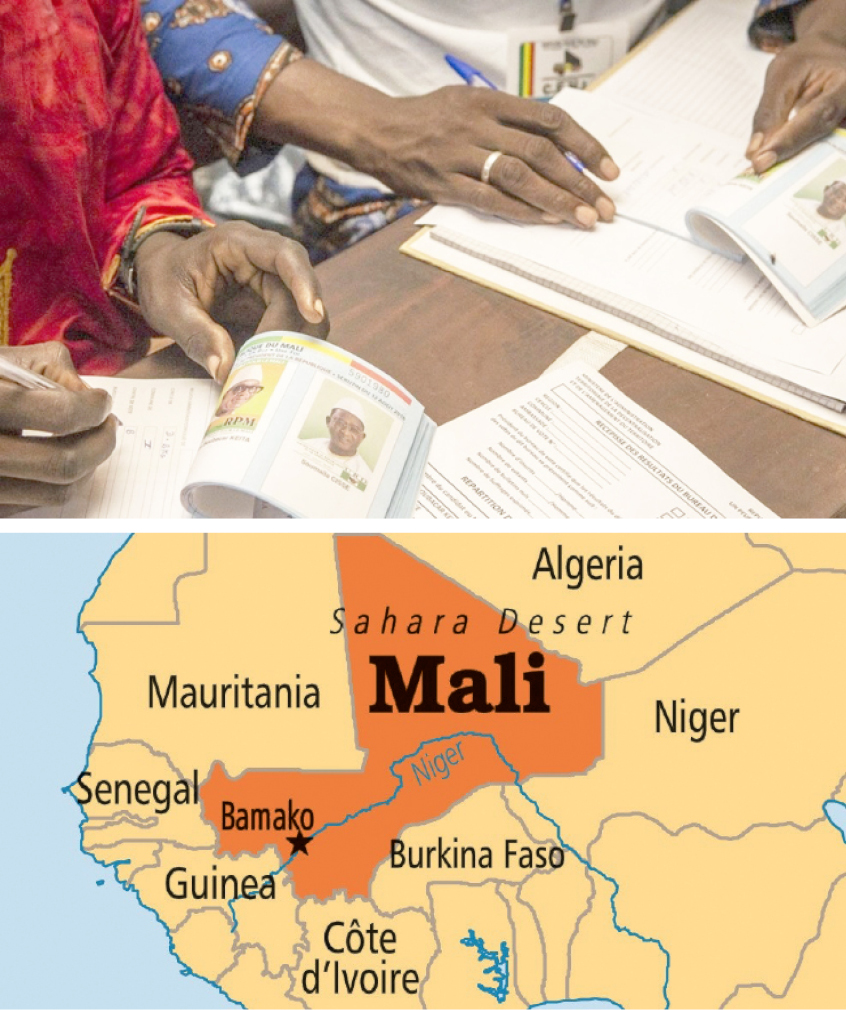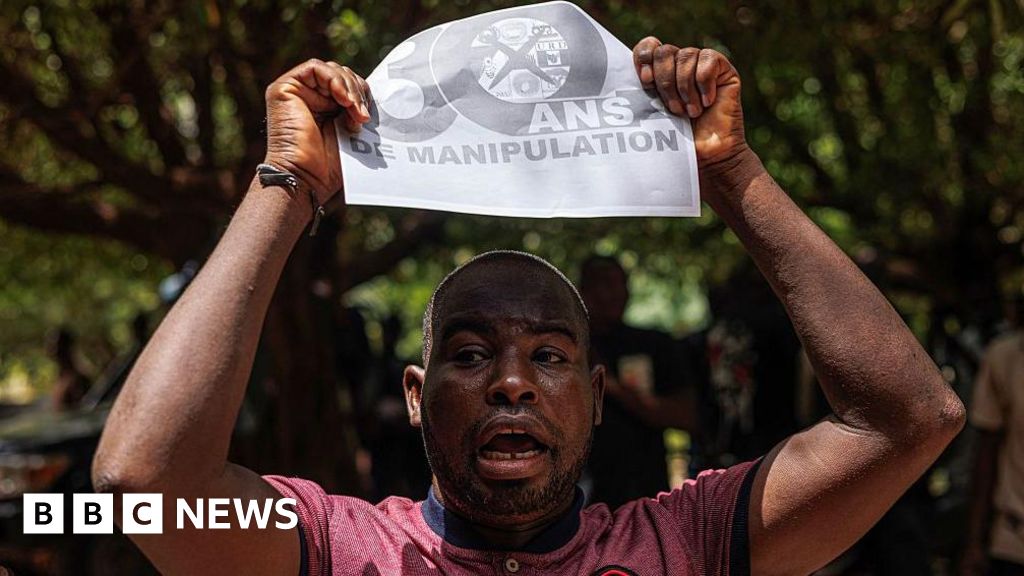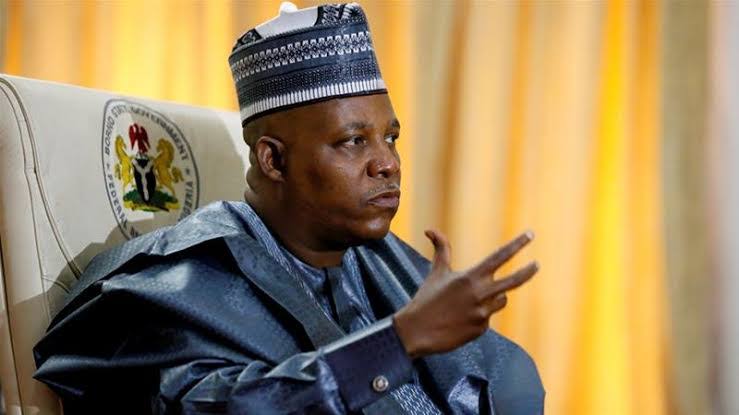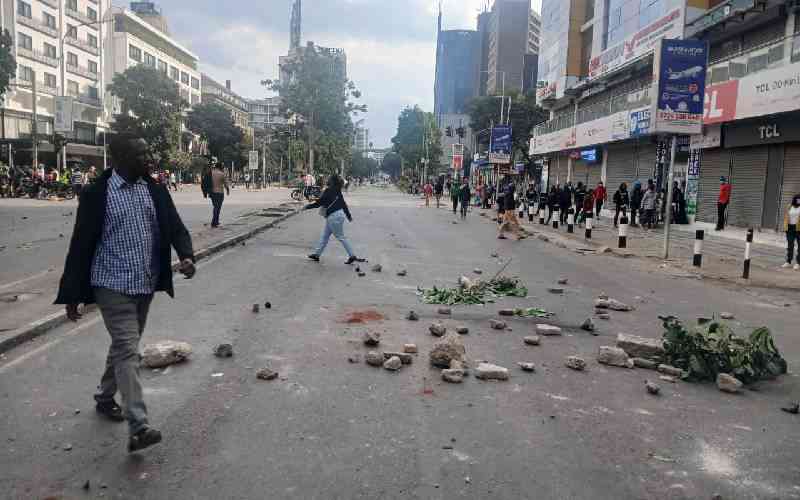Political parties in Mali have taken legal action against the military government’s decision to dissolve all parties and political organisations, a move seen as a direct attack on democratic governance.
The junta, led by General Assimi Goïta, announced the ban earlier this month, preventing meetings and effectively dismantling political opposition.
In an interview with Daily Trust last night, Professor Sheriff Ghali Ibrahim, Head of the Department of Political Science and International Relations at the University of Abuja, did not mince words in his assessment of the situation.
“The implications of Assimi Goïta’s juntas banning political parties in Mali constitute a sheer disposition of the characteristics of military rule—governing by decree and suspending the constitutional rights of the people,” he said.
The professor warned that Mali was being steered toward entrenched authoritarianism, “What this entails for the democratic landscape of Mali is that they’re going to continue to be governed by military dictatorship.”
Since Goïta’s rise to power in two successive coups (2020 and 2021), Mali has witnessed a series of restrictions on basic freedoms.
Earlier this year, a national consultation organised by the junta recommended the dissolution of political parties altogether and proposed making Goïta president for a renewable five-year term—despite a previous pledge to return power to civilians by 2024.
Professor Ibrahim underscored concerns that upcoming elections, if held, would likely be manipulated to keep Goïta in power, “Where Assimi Goïta wants to succeed himself from a military head of state to a democratically elected government, such polls might be rigged completely.”
The political parties are fighting back, filing legal challenges with six high courts in Bamako, along with a parallel appeal to the Supreme Court’s administrative section.
The joint appeal argues that the decree enacting their dissolution infringes on fundamental democratic rights, including the freedom of association and assembly.
Political organisations have condemned the junta’s justification that the ban aims to “streamline” Mali’s vast political landscape—nearly 300 groups exist in the country.
However, Professor Ibrahim challenged this reasoning, suggesting reforms instead of outright dissolution. “Why don’t they come up with strategies and criteria for determining which political organizations truly fulfill their responsibilities? Instead of banning everything, they could allow the genuine political parties to continue to exist.”
Malian intellectuals—writers, lawyers, and economists—have also voiced strong opposition.
On Monday, they published an opinion piece denouncing the erosion of fundamental rights in the country and demanding the release of all political prisoners.
Professor Ibrahim further warned that the consequences of allowing military regimes to flourish in West Africa would be dire.
“If we continue to allow military takeovers, we are paving the way for a resurgence of dictatorship across Africa, leading to the suspension of democracy.”
He also noted that when military regimes fail, they tend to shift the blame externally.
“When the military fails, it will continue to put the blame on France, ECOWAS, and other regional blocs.”
Multipartyism, as well as freedom of expression and association, are guaranteed by the Malian constitution of 1992, which was reaffirmed by the junta in 2023.
Mali’s transition to civilian rule remains in limbo, with increasing fears that democratic restoration is slipping further out of reach. As legal battles unfold, many are questioning whether Goïta’s junta will honor the country’s constitutional guarantees of multiparty democracy and civil liberties—or whether Mali will be forced to endure prolonged military rule.
Mali has been gripped since 2012 by violence from jihadist groups linked to Al-Qaeda and the Islamic State group as well as local criminal gangs.











